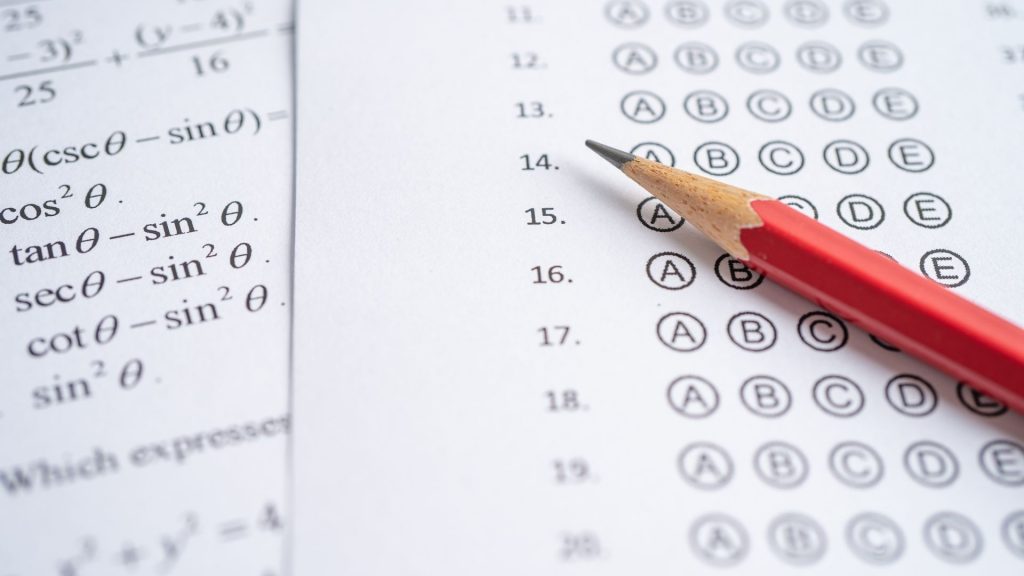Chancellor Says Schools Have Become Testing Mills For Standardized Exams
The NYC Education chancellor called out schools that prep students for state tests referencing them to mills.

It’s no wonder parents have perpetually declining trust in public education. There are plenty of reasons for this, including school autonomy, transparency, political agendas, and even standardized tests. State tests have a long history in America dating back to the pre-civil war era. They are used as a measurement to evaluate the effectiveness of education programs. But not everyone agrees with them. In the great debate regarding these long accustomed exams, even New York City education leaders are speaking out against the use of these tests, as Education Chancellor David Banks recently referenced schools to mills when it comes to testing standards.
Recently, the newly appointed New York City Education Chancellor, David Banks, appeared as a guest on a radio talk show. According to Chalkbeat, Banks dubbed public schools as becoming “testing mills”. Seemingly taking sides on the debate regarding whether or not schools have too heavily leaned on state tests, the NYC Chancellor appears to agree. Furthermore, Banks vowed to use his position to find a better balance between test prep and other subjects taught in public schools.
Throughout the state of New York, children grades third through eight were mandated to take state tests for English language arts this past Tuesday and Wednesday. Not only is it the first year that the Empire state implemented the tests for elementary third and fourth graders, but it also was historic in the sense that it was the first time students were required to take the exam following the onset of the COVID pandemic.

Furthermore, Banks feels that the process in which schools spent extended time prepping their students for state exams only does a disservice to the children’s education. Because schools put such a large emphasis on exams, he feels that children don’t receive a “fully comprehensive learning experience.” To shift the attention, Banks proposed looking into other ways to prepare students for state exams while enriching them in hands-on projects that demonstrate concept skills. Banks might be motioning to a handful of consortium schools within the city’s boroughs that already have implemented something similar.
Banks may also feel a more urgent need to take the focus off of state exams because children are reported to have not only suffered academically throughout the pandemic but also socially and emotionally. Children were not required to take the state tests last school year and the year before that. Many teachers are afraid that their children are underprepared. This leads to yet another issue many have with standardized tests. Some people feel that the issue is a double-edged sword, as educators worry their schools will be punished for low performances on the tests.

One Manhatten elementary school principal stood up to Banks hoping to hold the Chancellor accountable for his remarks on state tests. One reason districts might focus so heavily on test prep is due to concerns about how schools are scrutinized for having underperforming test scores. The principal, who wished to remain anonymous, said that they look forward to seeing how Banks’ statements hold up in Albany if reports suggest that New York City schools underperformed. In previous years, poor test performances often resulted in further scrutiny from the state for improvement.
Now that ELA testing has ended, students across the state will next prepare for state tests in Math. The next round of tests will be administered in late April. Fourth and eighth graders will then be given science exams in late May through early June. The state posts school results on the Department of Education’s site.



